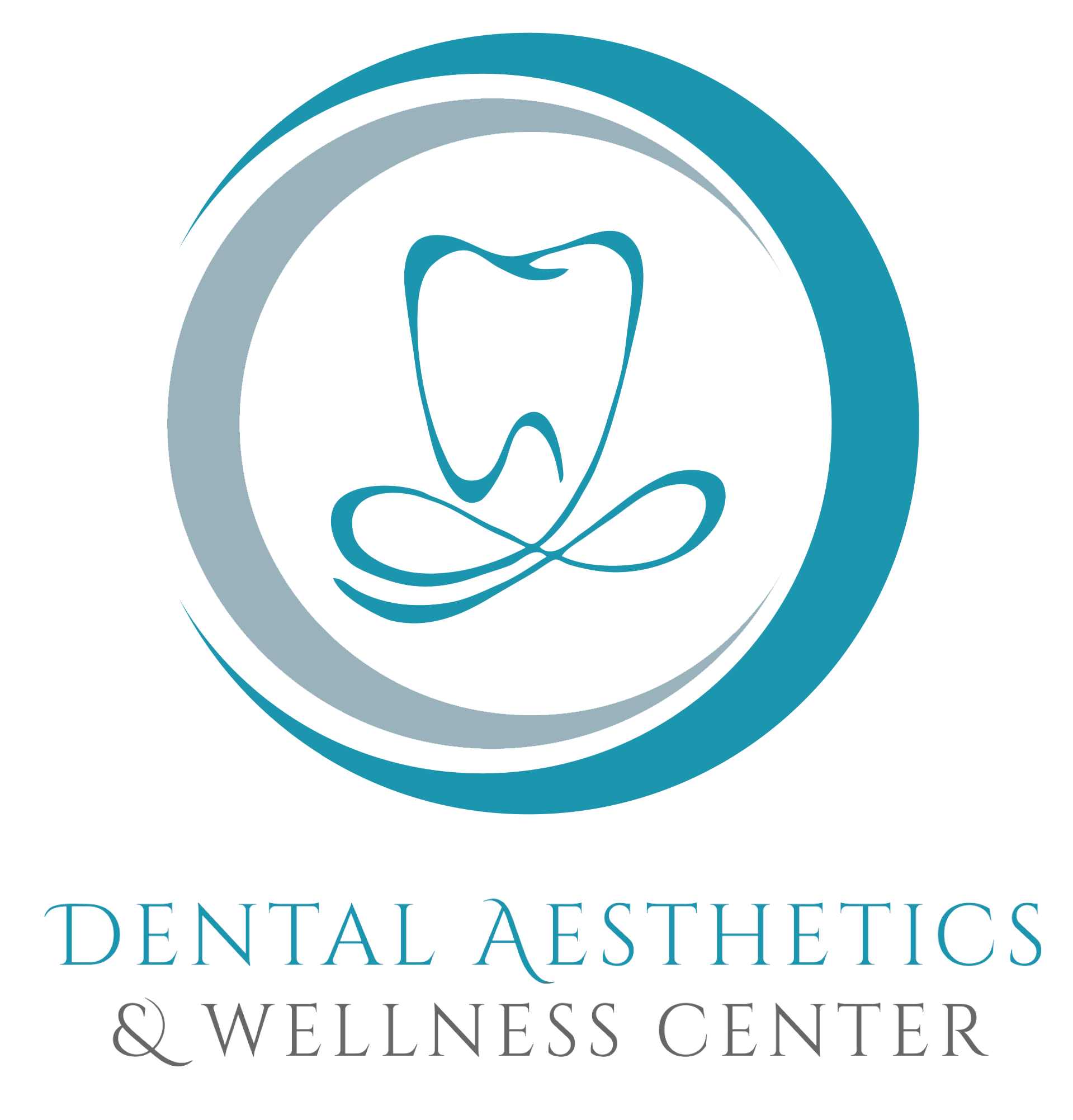
drsoleimanidds@gmail.com
26711 Aliso Creek Rd Suite
200B Aliso Viejo, CA 92656

drsoleimanidds@gmail.com
26711 Aliso Creek Rd Suite
200B Aliso Viejo, CA 92656
Sleep apnea is not just a mere inconvenience of snoring or disrupted sleep. It's a condition that can significantly impact overall health, potentially leading to severe complications if left untreated. At Dental Aesthetics and Wellness Center, we recognize the urgency of diagnosing and treating sleep apnea. In this blog, we delve into the different types of sleep apnea and its profound connection to other health conditions, emphasizing the importance of early intervention.

Sleep apnea is a sleep disorder beyond snoring or disrupted sleep. It's a condition characterized by repeated interruptions in breathing during sleep, known as apneas. These can last from a few seconds to a minute and occur dozens of times per hour. By understanding Obstructive Sleep Apnea (OSA) and Central Sleep Apnea (CSA), you can recognize the symptoms and seek appropriate treatment, enhancing your sleep quality and overall health.
Among the different types of sleep apnea, OSA is the most common. It is caused by a blockage in the airway, typically due to relaxed throat muscles or excess tissue. This blockage leads to snoring, choking, or gasping during sleep. As a result, people with OSA often wake up frequently at night, disrupting their sleep patterns.
Did you know that when the brain doesn't transmit appropriate signals to the muscles in charge of breathing, it can lead to a condition called Central Sleep Apnea (CSA)? It's a fascinating yet concerning phenomenon affecting many people worldwide. CSA causes pauses in breathing and shallow breaths during sleep. It is less common than OSA but can be troublesome for sleep and health.
Sleep apnea isn't just about lost sleep; it directly impacts your health. Let's explore some of the health conditions that have a connection with sleep apnea:
Diagnosing sleep apnea typically involves a sleep study and a polysomnography. This study is conducted at a sleep clinic or home and involves monitoring various body functions during sleep, including brain activity, eye movement, heart rate, and blood pressure. The results of this study can help identify the presence of sleep apnea and guide you through the necessary steps for treatment. Various treatment options are available depending on the type and severity of sleep apnea:
Positive Airway Pressure (PAP) Therapy: This is the most common treatment for OSA. A steady flow of air keeps your airway open during sleep, ensuring a restful and rejuvenating night's sleep. Prioritizing your sleep and keeping your air passage clear and unobstructed is crucial.
Surgery: In severe cases of OSA, Surgery may be required to remove excess tissue or correct structural problems obstructing the airway.
Treatment for CSA typically involves addressing the underlying medical condition causing the communication breakdown between the brain and respiratory muscles. Additional therapies may be required to manage severe cases of CSA.
Sleep apnea can profoundly impact your health, affecting everything from blood pressure to heart function. However, the good news is that these impacts can be mitigated with early diagnosis and appropriate treatment. If you suspect you have sleep apnea, take the proactive step of seeking help. We're here at the Dental Aesthetics and Wellness Center, serving Aliso Viejo, Laguna Hills, and Laguna Woods, CA, to guide you through diagnosis and therapy. Visit us for a consultation and embark on the journey towards better sleep and improved health.
Dental Aesthetics and Wellness Center
26711 Aliso Creek Rd, Suite 200B
Aliso Viejo, CA 92656
Phone: 949-680-4001
Fax: 949-656-7363
Monday : 10:00 am – 6:00 pm
Tuesday : 10:00 am – 6:00 pm
Wednesday : 10:00 am – 6:00 pm
Thursday : 10:00 am – 6:00 pm
Friday : 10:00 am – 6:00 pm
Saturday : Closed
Sunday : By Appointment
©2024. Dental Aesthetics and Wellness. All Rights Reserved.